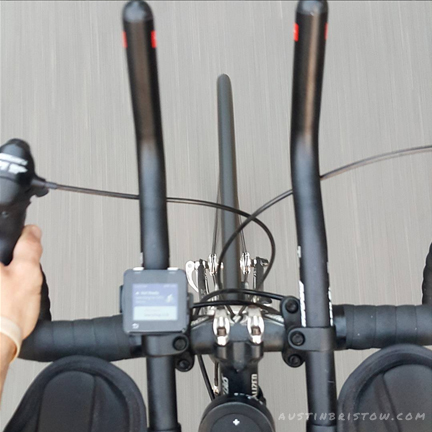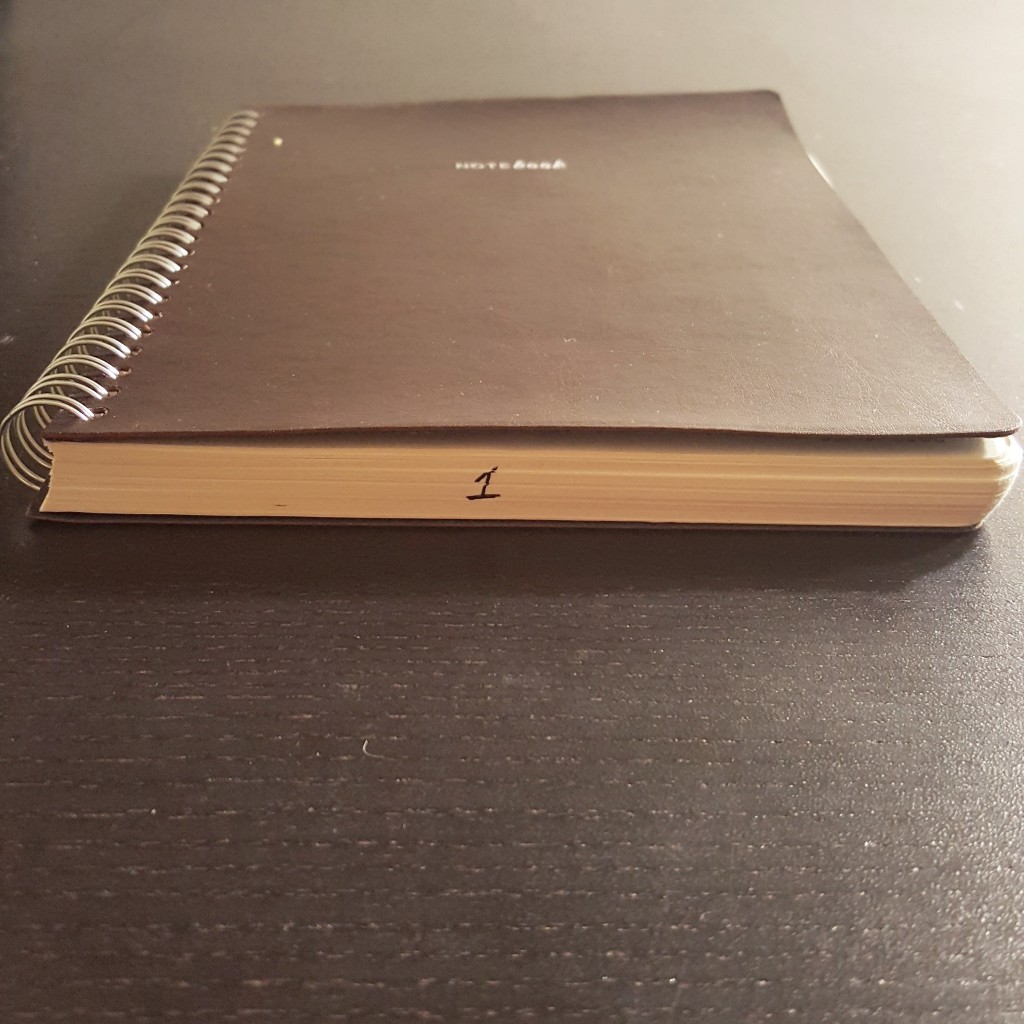Starting my sophomore year of college, I became an avid fan of cycling. I got a road bike and all the gear to go with it and began riding every day. One of the things that made me feel ridiculous, though, was my initial inability to avoid running over individual rocks or small potholes in the road.
It seemed crazy — I always saw them coming and mentally processed their being in my path, but I would still run straight over them.
Soon enough, I realized I was making a fatal error: I was staring straight at the thing that I wanted to avoid.
If I instead looked two inches to the left or right, I would steer clear and keep sailing smoothly.
It didn’t take a dramatic shift in my path, but rather, a small change of where I was focusing my attention.
What’s funny is that the same principle can be applied to my everyday life…
I’m going along in my regular routine and up ahead I see a small pothole coming — i.e. something that worries, scares or frustrates me. Before long, it becomes the only thing I focus on and I keep heading straight toward it, doomed to get sidetracked from my goals and lose focus of the bigger picture.
Instead, if I can have the discipline to shift my attention from that worry/fear/frustration and focus elsewhere (on things I can more easily affect) it does wonders on my ability to get through a tough time or challenge.
Avoiding potholes is all about where our eyes are focused. We can either steer straight at the obstacle that we want to avoid and get sucked in or make slight deviations and keep our “eyes on the prize”.







